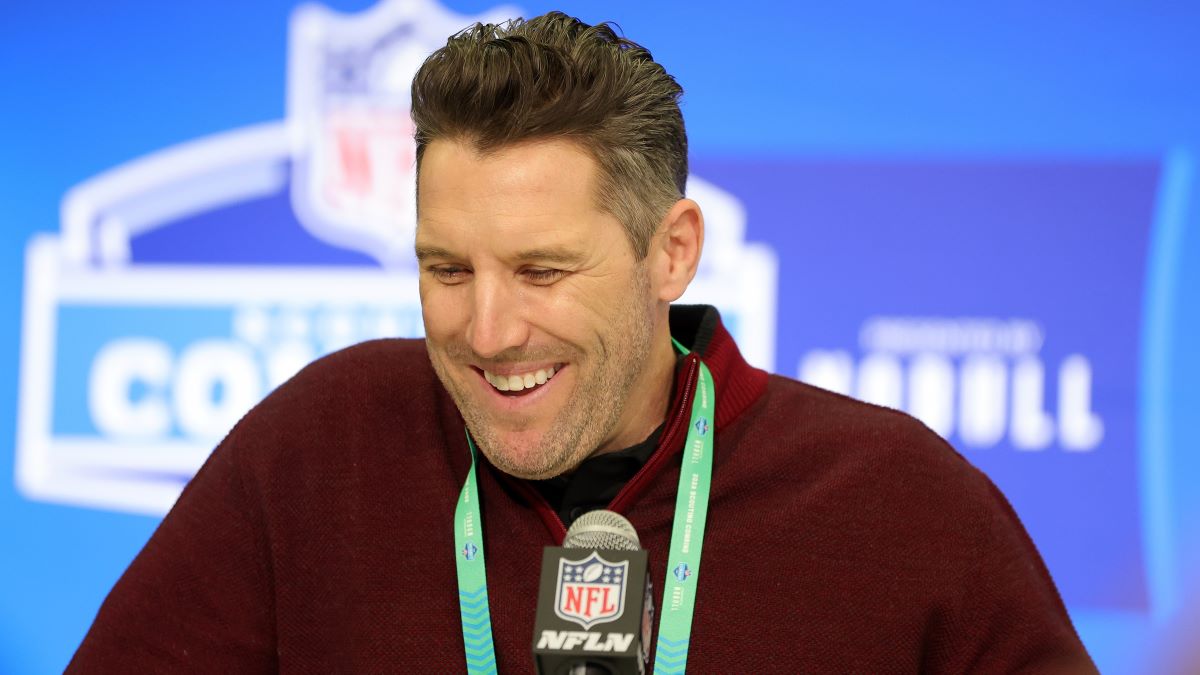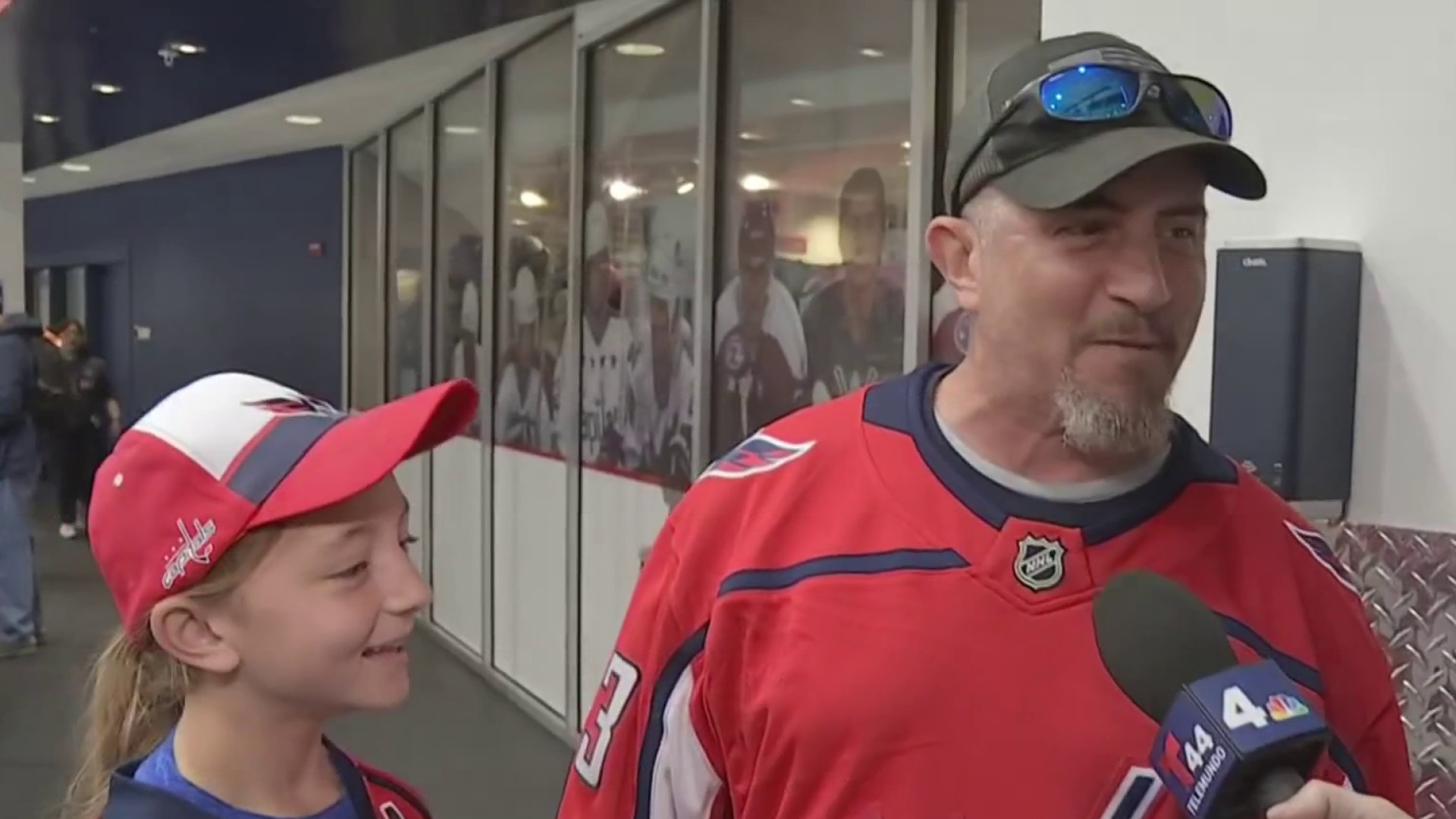If Marion Lewis had his way, he'd take Washington, D.C.-area sniper John Allen Muhammad into the southern Idaho desert near his home and kill him slowly, over three days.
"He would be screaming the whole time. That's why I can't claim to be a good Christian," said Lewis.
His 25-year-old daughter, Lori Ann Lewis-Rivera, was vacuuming her minivan Oct. 3, 2002 at a Shell station near where she lived in Silver Spring, Md. when Muhammad and his young accomplice, Lee Boyd Malvo, gunned her down.
In lieu of personal retribution, Marion Lewis would settle for being present in the Virginia death chamber Nov. 10, when Muhammad is scheduled to die either by lethal injection or in the electric chair.
But while Lewis might prefer vengeance, even the playing out of justice has its price. He doesn't have the money for the trip to see his daughter's killer breathe his last breath.
The 57-year-old construction worker says he's been waylaid by the recession, hasn't held a steady job for two years and has been collecting unemployment on-and-off since 2007. He's trying to unload a house near Boise in a short sale.
So Lewis has been making phone calls to victim's assistance agencies in Idaho and Virginia, seeking help to pay for a journey he believes will put some semblance of closure on his daughter's murder. He called reporters, too, to tell his story.
Local
Washington, D.C., Maryland and Virginia local news, events and information
"I feel a little ghoulish, asking for help doing this," said Lewis, who lives with his wife, Jo, and two beagles, Ruth and Gibson, in a scruffy home two miles from the tidy cemetery where his daughter is buried.
His living room walls are covered in pictures: Lori on her wedding day; Lori and Nelson Rivera, the Honduran landscaper she met at a Mormon church near Washington, D.C. and married; their daughter, Jocelin, now 10.
Virginia Gov. Timothy M. Kaine has said he's not planning to postpone the execution of Muhammad, whose shooting spree with Malvo terrorized Maryland, northern Virginia and Washington, D.C. for three weeks, leaving 10 dead and three wounded.
Muhammad's attorney plans to ask the U.S. Supreme Court for a delay.
He was sentenced to die for killing 53-year-old Dean Meyers at a Manassas, Va., gas station six days after Lewis' daughter died. Malvo, 17 at the time, is serving a life sentence; it's unclear just who pulled the trigger.
Lewis first called the Idaho Crime Victim Compensation Program, where bureau chief George Gutierrez said that, typically, victims of crimes committed in other states should contact agencies there when seeking help.
Some states do offer at least some financial relief to victims' families seeking to attend criminal proceedings. The Texas Legislature has expanded its victim's assistance program specifically to help families attend executions, said Dan Eddy, executive director of the National Association of Crime Victim Compensation Boards in Alexandria, Va. But that's an exception.
"As much as this may mean to the father involved -- we all understand his pain and grief -- the crime victim compensation programs were set up by states to address physical and emotional injuries through medical and mental health treatment," Eddy said. "This may sound harsh, but attending an execution would not fall within the orbit of that general intent."
Patricia Allue, director of the Prince William County Victim/Witness Program in Virginia, where Meyers was killed, said Lewis contacted her office looking for assistance but she doesn't have funds available. Officials in Maryland, where Lori Rivera was killed, didn't immediately return a phone call seeking comment.
And the Virginia Department of Corrections doesn't provide financial assistance to victims' families to attend executions. Officials there have been in contact with relatives of Muhammad's and Malvo's victims, including those killed in Maryland and Washington, D.C., in part because the rural Greensville Correctional Center in rural southern Virginia has limited capacity for those wanting to watch Muhammad die.
Larry Traylor, a prisons spokesman, said his agency does help families like Lewis' with logistics: Directions to Greensville, nearby hotels, details about how family members enter execution viewing rooms after other witnesses, then leave first after it's over, to protect their privacy.
"We try to chat with them, to explain what the process is, to put their mind at ease and help them make the decision as to whether they want to attend," Traylor said. "Then, it's really up to them."
Lewis said his daughter's death has changed his family in ways both big and small. Jocelin, Lori's daughter, lives with her father and his new wife in northern California. Her mother was murdered when the then 3-year-old was too young to understand she was never coming back, Lewis said.
Lewis quit a job four years ago working at a gravel pit near Boise. The lulls between each new load of rock into the crusher he was operating gave him too much time to think about his daughter.
The only thing better than being in the death chamber Nov. 10 would be to personally execute Muhammad, he said.
"Pushing the button, yeah," Lewis said. "During the trial, I never went to the court because I didn't figure I needed to end up in jail. His guards wouldn't have been able to keep him from me."



